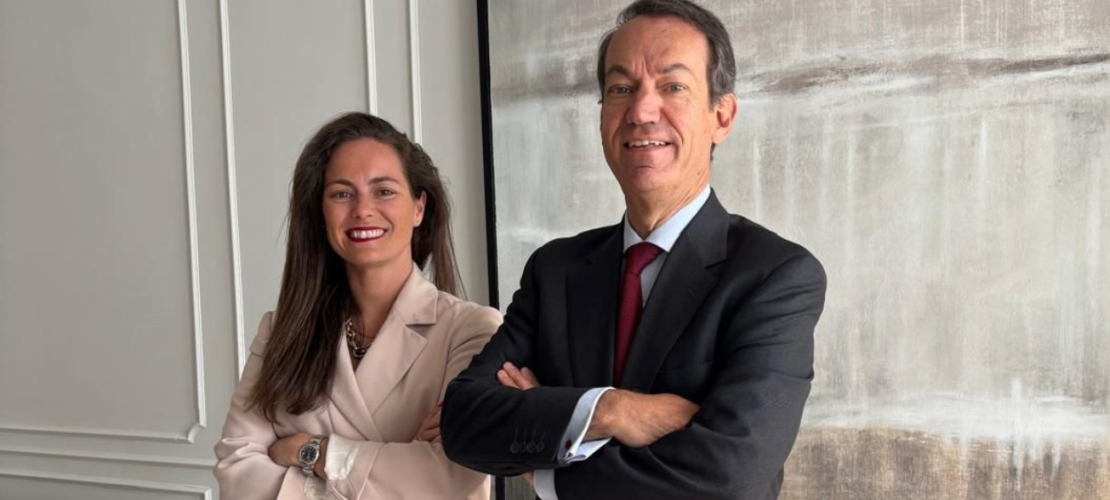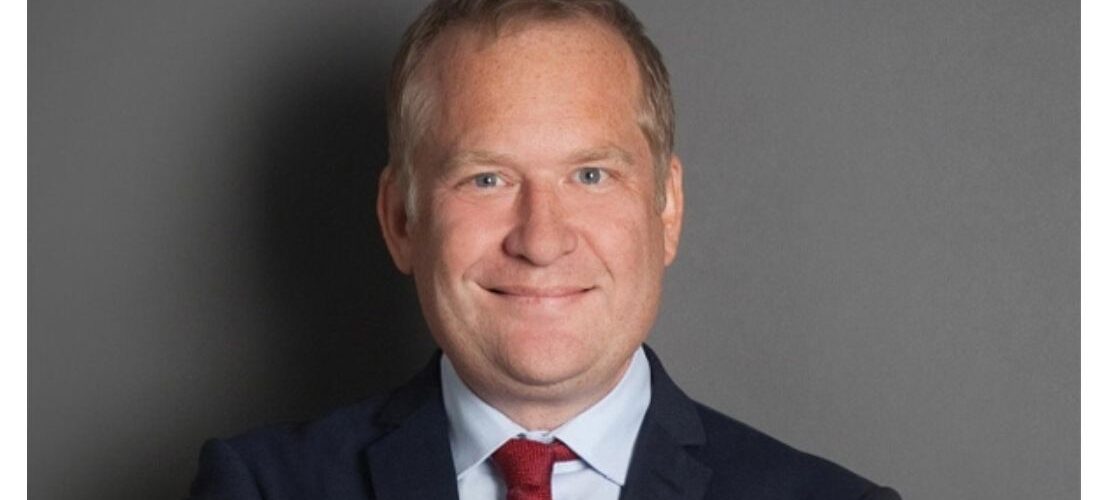Daniel Calleja, the jurist who puts the fine print on the European project
The director of the legal services of the European Commission reflects on the challenges facing the EU, its evolution as a supranational system and the future of European law
by julia gil
In common parlance, the “fine print” refers to those legal details, hidden clauses and fundamental conditions that we often overlook, but which determine everything. In the case of the European project, that fine print not only exists, but is carefully written, interpreted and defended by the European Commission’s legal service. At its head is Daniel Calleja y Crespo, who is literally in charge of the Union’s legal architecture: every rule, every regulation, every proposal passes through his team. After almost four decades dedicated to the European Commission – a good part of which he has spent in key cabinets and as director general of various departments – Calleja y Crespo is, today, the most authoritative legal voice of the EU executive. A graduate in economics and business studies from ICADE, with training in London and a long career that began in the legal service itself in the 1980s, Calleja has witnessed the evolution of EU law from its very foundations. In this conversation with Iberian Lawyer, he reviews how his vision of European law has changed, how his team – with 350 lawyers working in the EU’s 24 official languages – is organized, and what legal challenges will shape the course of integration in the coming years.
After almost four decades at the European Commission, how has your vision of EU law evolved over the years?
European Union law is the common thread that has guided the process of European integration. This law not only regulates economic issues, such as the internal market, transport, energy or the euro, but covers a very important part of the daily life of our citizens. It also guarantees the fundamental values that define our European identity, such as the rule of law, and regulates aspects that are becoming more and more tangible in our daily lives, such as freedom of movement or the rights associated with European citizenship.
What is your daily work as head of the European Commission’s legal service like?
As Director General, my mission is to ensure that we fulfill the threefold role entrusted to us. First, our service performs the function of internal legal counsel for all the Commission’s services. In other words, any legal act or regulation adopted by the Union must be approved from a legal point of view. Secondly, the legal service has the exclusive competence to represent and defend the Commission in litigation before European and national courts. We therefore have the task of defending the interests of the Union before any court. And finally, our service must ensure the quality of European legislation, ensuring its suitability to achieve its objectives, and its consistency in the different language versions, avoiding interpretative differences in the various jurisdictions.












